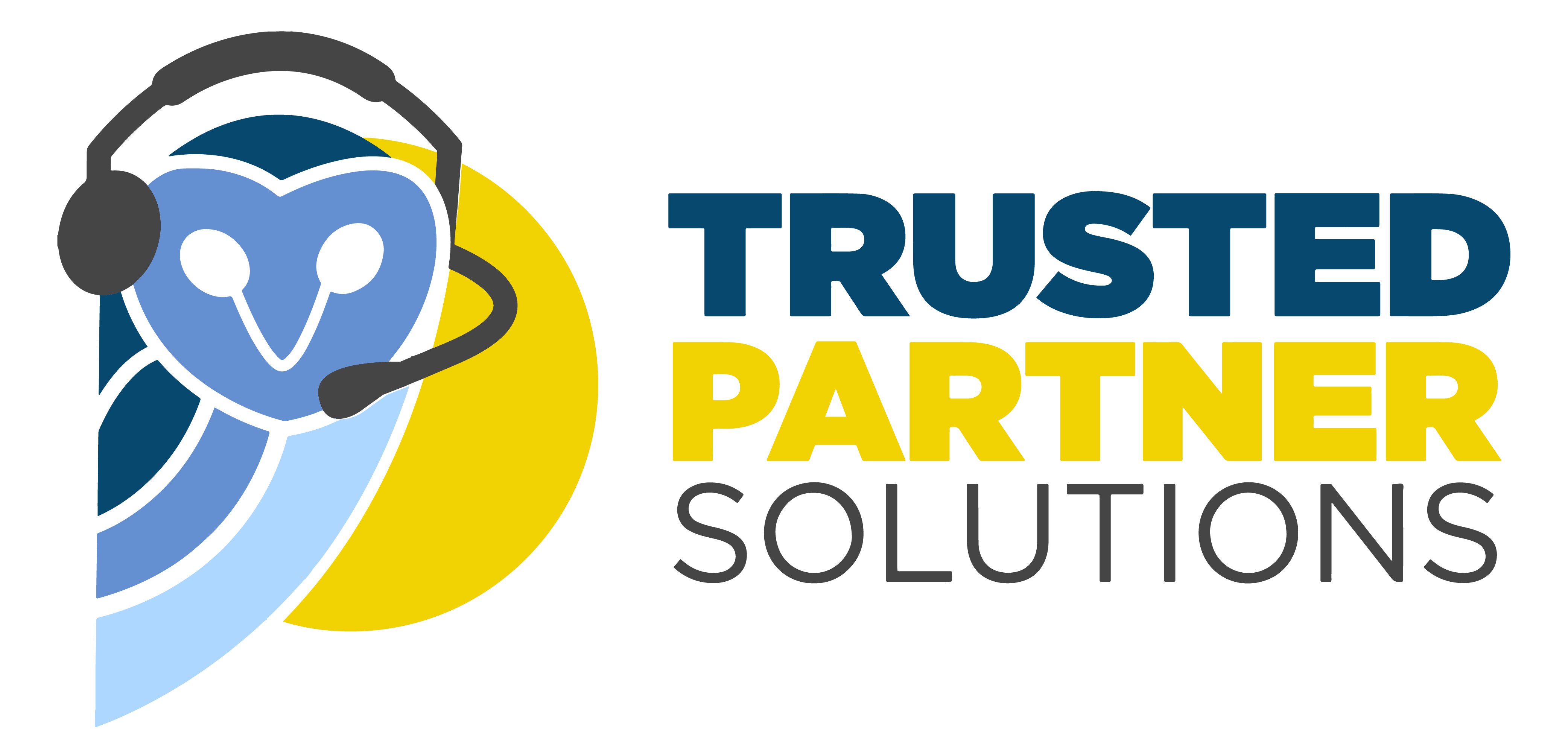
Discover how to reach more customers, sell more products, and have a high retention rate with a customer relationship management (CRM) system.
In this blog, we will discuss:
- What is Customer Relationship Management (CRM)?
- Why Do You Need a CRM Strategy?
- How to Measure Your CRM Objectives?
- How to Choose the Right CRM for Your Business?
- 6 Reasons Why You Need CRM for Business Growth
- Final Thoughts
Key Takeaways
- CRM is the study of the relationship between a business and its consumer base. It analyzes the data gathered through consumer interactions.
- CRM software is a centralized platform that empowers sales teams to offer superior customer service to their consumers, from managing customer interactions to devising customer-centric strategies.
- Having a clear CRM strategy and goals can empower your business to meet its goals, generate more sales, and foster a better customer relationship.
- Leverage the full potential of the CRM platform and integrate marketing, sales, and customer support data. This integration allows you to share insights and devise strategies that align with business goals.
- CRM makes your sales process much more efficient by allowing you to automate time-consuming administrative tasks, including audience segmentation, email follow-ups, post-sale workflows, and invoicing.
Today, customer relationship management (CRM) platforms have become essential for generating sales and streamlining customer relationships online.
These feature-rich platforms allow you to track your consumers’ data. By having a complete insight into consumers’ online journeys, you can create more personalized experiences that allow you to develop engaging customer experiences.
What is Customer Relationship Management (CRM)?
As the name suggests, CRM is the study of the relationship between a business and its consumer base. It analyzes the data gathered through consumer interactions.
This study allows marketers, sales representatives, and customer support teams to understand customers’ perceptions of a company, allowing them to provide better customer service.
Since the early 1990s, customer relationship management has helped businesses integrate automatic marketing and sales services into their operations.
Today, CRM’s implications have evolved, and it has become a necessary sales tool for companies of all sizes.
Do You Need CRM Software for Your Business?
With the rise of digital, companies are leveraging CRM software to reap the benefits of insightful data across multiple consumer touch points. It is an integrated suite of cloud applications, including marketing, sales, and service.
CRM software is a centralized platform that empowers sales teams to offer superior customer service to their consumers, from managing customer interactions to devising customer-centric strategies.
As one of the most important digital tools in a sales team’s arsenal, a CRM platform can benefit your business to a great extent if used to its full capacity. It can help you:
- Close more deals
- Retain customers
- Improve customer relationships
- Streamline sales and marketing processes
- Increase sales and revenue
Also read: 8 Ways a Social Media Virtual Assistant Can Transform Your Online Presence
Why Do You Need a CRM Strategy?
No matter which CRM platform you choose, your efforts will be in vain unless you have a result-oriented strategy.
A CRM strategy helps in the following aspects:
- It creates a seamless communication between marketing and sales teams.
- Clearly defines the criteria for a quality lead, ensuring high conversion.
- Empowers the entire sales process by identifying gaps and bottlenecks in the sales cycle.
- A CRM strategy allows you to enhance post-sales engagement. Additionally, you can also track customer interactions to identify low conversion rates.
- Create an efficient sales process by offering special deals or services based on past purchasing behaviors.
- Leverage the full potential of the CRM platform and integrate marketing, sales, and customer support data. This integration allows you to share insights and devise strategies that align with business goals.
Also read: 5 Essential Tips for Hiring the Best Virtual Assistant for Your Business
6 Reasons Why You Need CRM for Business Growth
Improved Customer Support Service
Every business wants returning customers, so it must focus on building personal relationships with them.
CRM helps you build those relationships by allowing you to track interests, activities, and interactions. By doing so, you get enough data and insights to do the following:
- Rewards on repeat purchases automatically
- Send personalized emails based on past purchases
- Ask for feedback through surveys and product reviews.
When customers feel special and heard, they stay loyal to your brand and return for repeat purchases.
Increased Sales
CRM helps you increase sales by allowing you to focus on the right people.
Based on demographic information and past interactions, the CRM platform allows you to identify qualified leads by assigning them with a numerical score.
This value enables you to figure out:
- Highest priority leads
- High converting profiles
- Latest qualified leads
These insights allow your team to focus only on quality leads, enabling them to close more deals and gain new customers with higher customer lifetime value (CLV).
Better Operational Efficiency
CRM makes your sales process much more efficient by allowing you to automate time-consuming administrative tasks, including audience segmentation, email follow-ups, post-sale workflows, and invoicing.
This automation gets your work done faster and error-free, freeing up your teams’ time and allowing them to be more productive and efficient.
Many of the latest CRM platforms take things to the next level by consolidating customer information into a single dashboard, which allows for streamlined communication and hassle-free collaboration among team members.
Reduced Customer Acquisition Costs
Here is how CRM helps you lower the cost of acquiring new customers:
- It significantly reduces the cost of executing result-driven campaigns by automating repetitive tasks.
- The centralized data of a CRM allows you to target your customers more efficiently.
- The platform gives you deep insights into the behavioral patterns of your potential leads, enabling you to identify high-quality leads.
With a CRM platform, you can accurately identify every prospect’s purchasing process and send them tailored marketing messages relevant to their stage of the process. These messages will target their specific needs and are more likely to capture their attention and encourage them to make a purchase.
Also read: How to Find and Hire a Customer Support Specialist in 2024
Centralized Information
Centralizing all customer-related data in a single, accessible dashboard is one of the key functions of a CRM platform. This data centralization makes it easier for companies to have updated and error-free information in a single place.
There are multiple benefits of having all the information in one place:
- It helps improve the overall operational efficiency of an organization.
- The data is always easily accessible to every team member across different departments.
- Due to a single source of information, collaboration between different departments becomes streamlined and hassle-free.
- Data centralization allows businesses to mitigate the risk of errors and information loss, improving operational efficiency.
Increased Cross-Selling and Up-Sell Opportunities
The best part of having access to insightful data is that it lets you know your customers more personally. The automated reports generated by the CRM give you insights into your ideal clients’ likes, dislikes, and preferences.
By leveraging this data, you can easily create cross-selling and up-sell opportunities and stay top-of-mind with all your prospects.
Also read: Mastering Remote Delegation: 5 Proven Strategies for a Stress-Free Workflow
Final Thoughts
Having a clear CRM strategy and goals can empower your business to meet its goals, generate more sales, and foster a better customer relationship.
However, selecting the right CRM platform is key to reaping all the benefits. Therefore, we recommend considering the following factors before a CRM software:
- Business needs and requirements
- Type of customer data you want to track
- How do you aim to use the CRM platform
With a clear picture in mind, you will be able to select a CRM platform within your budget that perfectly aligns with your business goals.
Outsource Your Customer Support Service Through OWL
While having a CRM is essential for providing exceptional customer support services, it is an expensive tool that can be an added cost most companies can’t afford.
Therefore, we recommend outsourcing your customer support, especially if you are a startup looking to cut overhead costs without compromising your customer support services.
At OWL TPS, our customer support services empower your business to leverage the full potential of an expert resource, enabling you to improve customer retention and satisfaction, product experience, and overall marketing efforts.
Contact us now and find a new customer care specialist who cares for your customers and your business!




